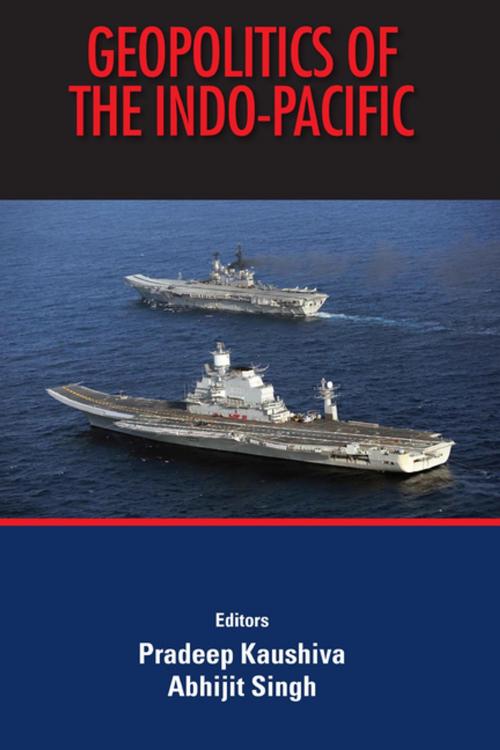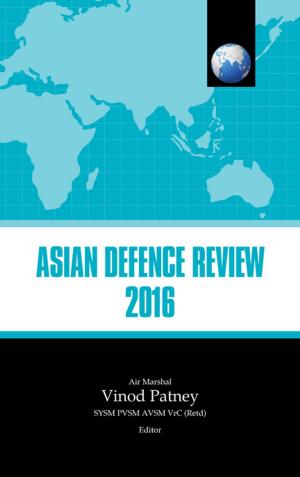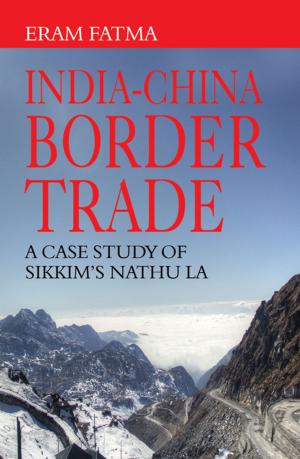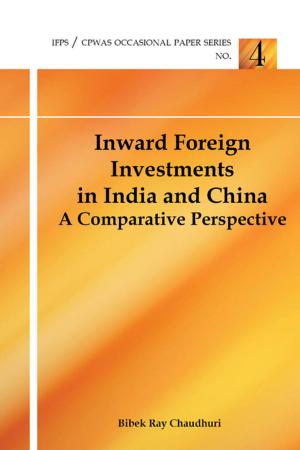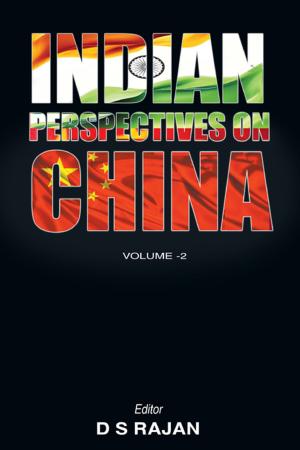| Author: | ISBN: | 9789385714481 | |
| Publisher: | KW Publishers | Publication: | February 15, 2014 |
| Imprint: | KW Publishers | Language: | English |
| Author: | |
| ISBN: | 9789385714481 |
| Publisher: | KW Publishers |
| Publication: | February 15, 2014 |
| Imprint: | KW Publishers |
| Language: | English |
In recent years, the descriptive term ‘Indo-Pacific’ has entered the geo-strategic lexicon as a substitute for the more established expression ‘Asia-Pacific’. Defined as an integrated strategic system that best captures the shift in power and influence from the West to the East, the concept has dominated strategic debates and discussions, gaining rapidly in currency and acceptance. Popular though the term has become, its strategic context and underlying logic are still sharply contested. While proponents of the ‘Indo-Pacific’ advance compelling arguments in its favour, the debate over whether it is a valid construct, is not quite settled. Consequently, it is yet to gain full acceptance among regional analysts and policy makers who appear unsure about embracing the idea without any qualifying caveats. Even so, the Indo-Pacific has emerged as a significant strategic space and a theatre of great-power competition. From a maritime security perspective, its importance as a geo-economic hub is accentuated by the growing presence of non-traditional threats. Piracy, terrorism, gun running, illegal fishing, trafficking, global warming and natural disasters represent challenges to maritime security that are inherently transnational in nature – where dynamics in one part of the system influence events in another, necessitating coordinated security operations by maritime forces and strategic relationships between stakeholder states. Papers put together in this book seek to appraise the Indo-Pacific, by examining the concept holistically, deciphering the trends that impact maritime security in the region and identifying its emerging patterns. Apart from examining the inherent logic underpinning the concept, these provide perspectives on security in the Indo-Pacific region, evaluate the strategic implications of competition, conflict and instability in the region, and bring out the operational implications of using a frame of reference that combines two contiguous albeit disparate maritime theatres.
In recent years, the descriptive term ‘Indo-Pacific’ has entered the geo-strategic lexicon as a substitute for the more established expression ‘Asia-Pacific’. Defined as an integrated strategic system that best captures the shift in power and influence from the West to the East, the concept has dominated strategic debates and discussions, gaining rapidly in currency and acceptance. Popular though the term has become, its strategic context and underlying logic are still sharply contested. While proponents of the ‘Indo-Pacific’ advance compelling arguments in its favour, the debate over whether it is a valid construct, is not quite settled. Consequently, it is yet to gain full acceptance among regional analysts and policy makers who appear unsure about embracing the idea without any qualifying caveats. Even so, the Indo-Pacific has emerged as a significant strategic space and a theatre of great-power competition. From a maritime security perspective, its importance as a geo-economic hub is accentuated by the growing presence of non-traditional threats. Piracy, terrorism, gun running, illegal fishing, trafficking, global warming and natural disasters represent challenges to maritime security that are inherently transnational in nature – where dynamics in one part of the system influence events in another, necessitating coordinated security operations by maritime forces and strategic relationships between stakeholder states. Papers put together in this book seek to appraise the Indo-Pacific, by examining the concept holistically, deciphering the trends that impact maritime security in the region and identifying its emerging patterns. Apart from examining the inherent logic underpinning the concept, these provide perspectives on security in the Indo-Pacific region, evaluate the strategic implications of competition, conflict and instability in the region, and bring out the operational implications of using a frame of reference that combines two contiguous albeit disparate maritime theatres.
